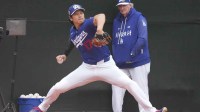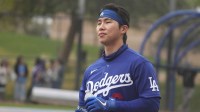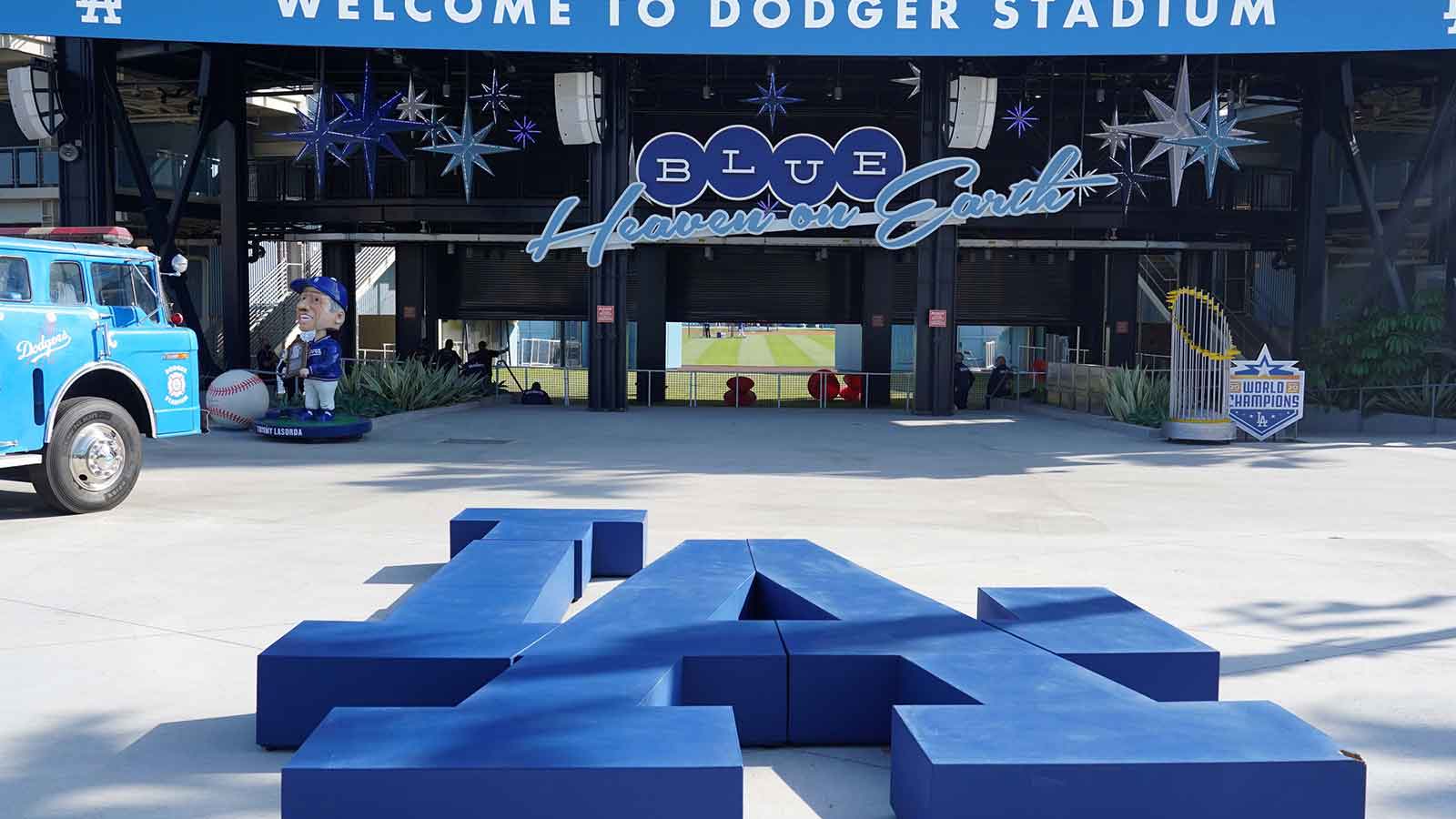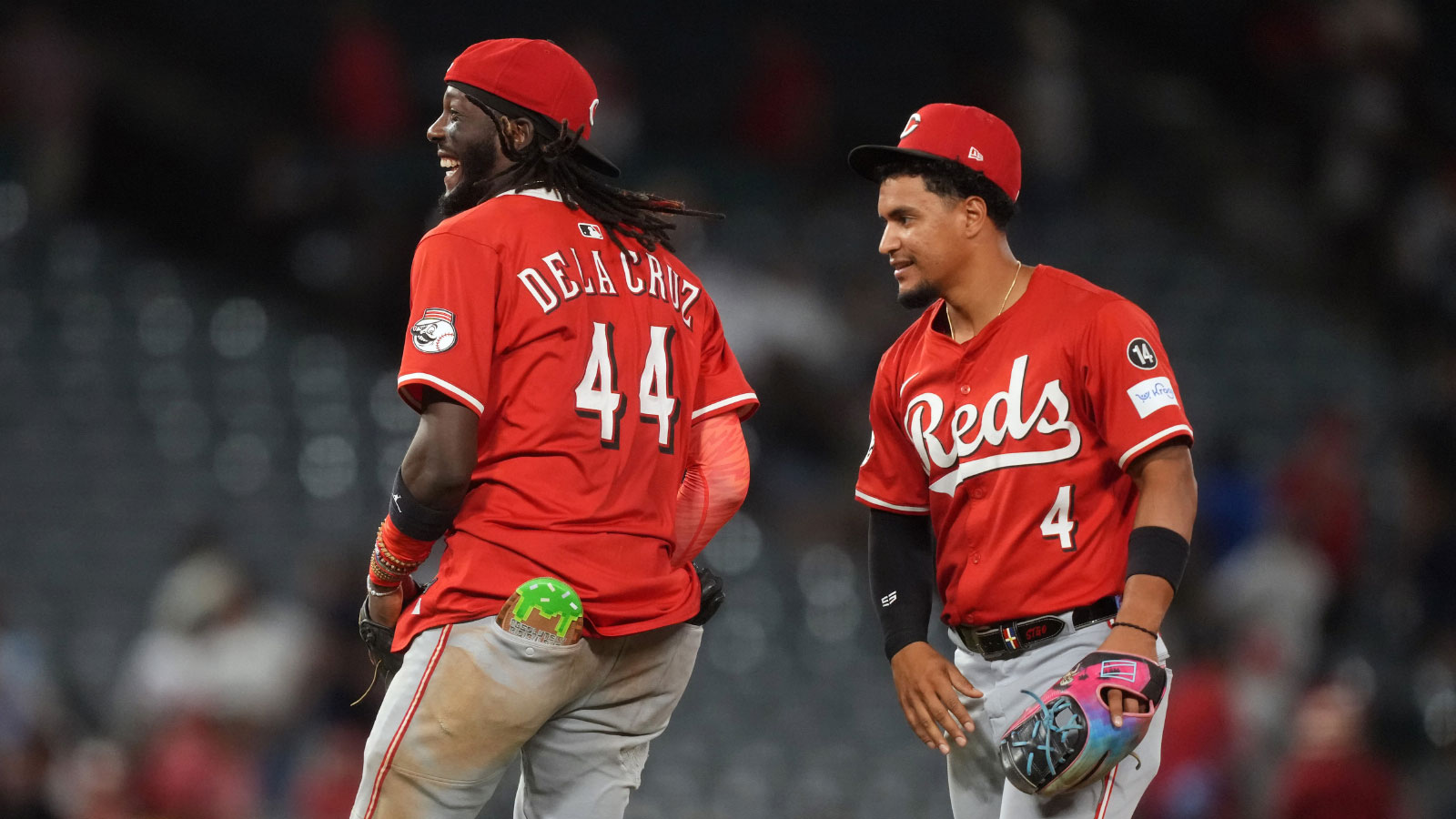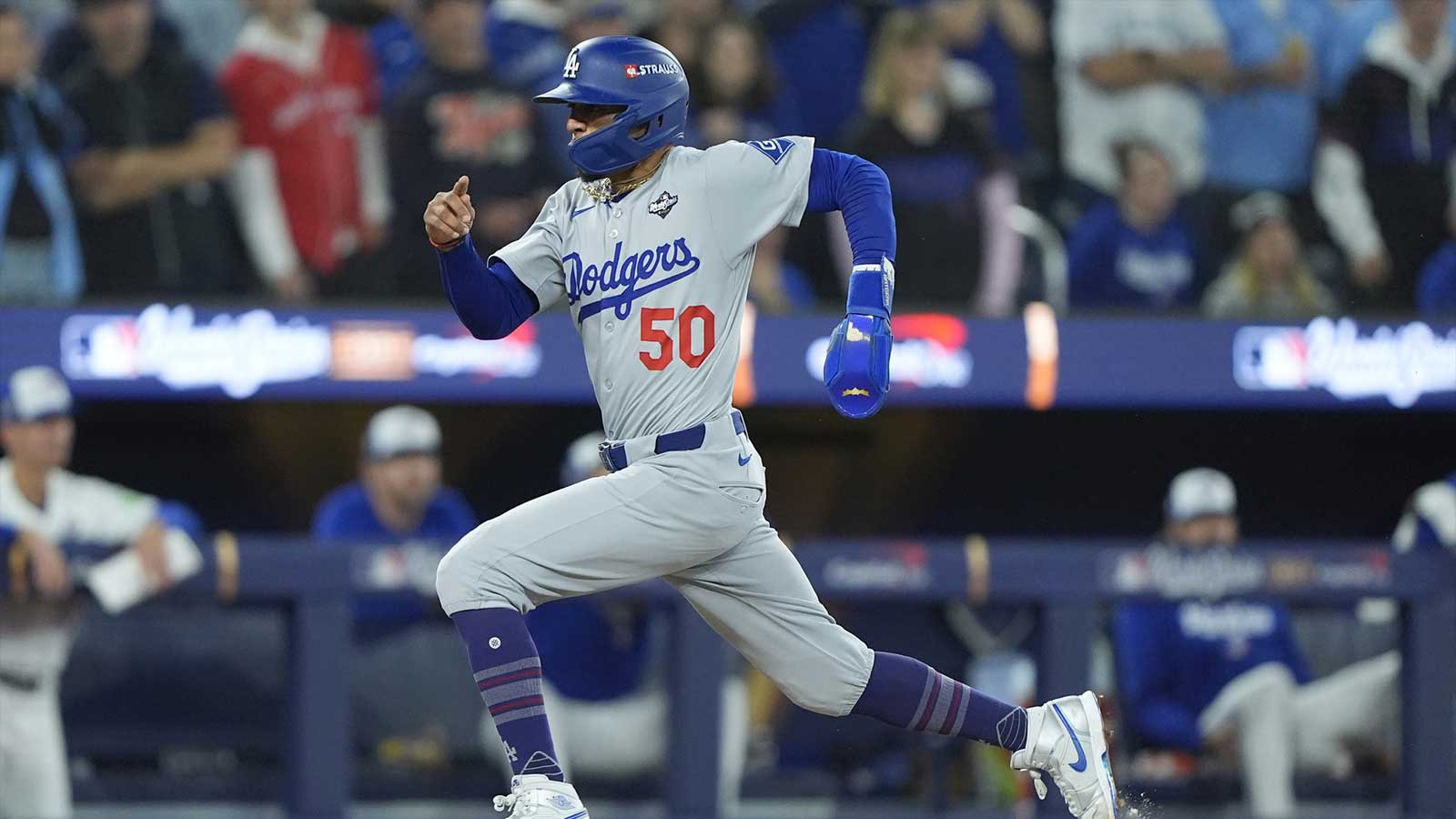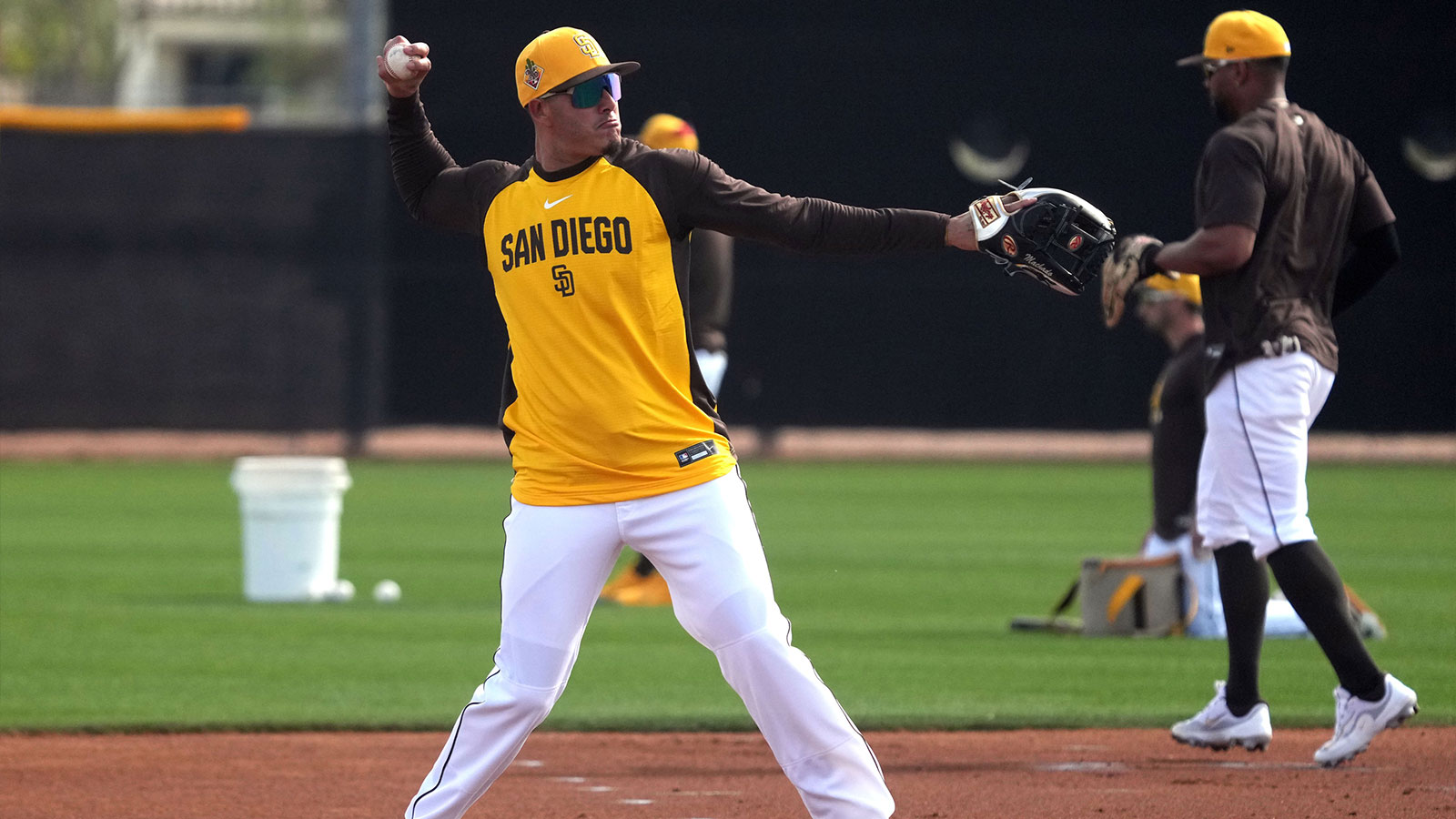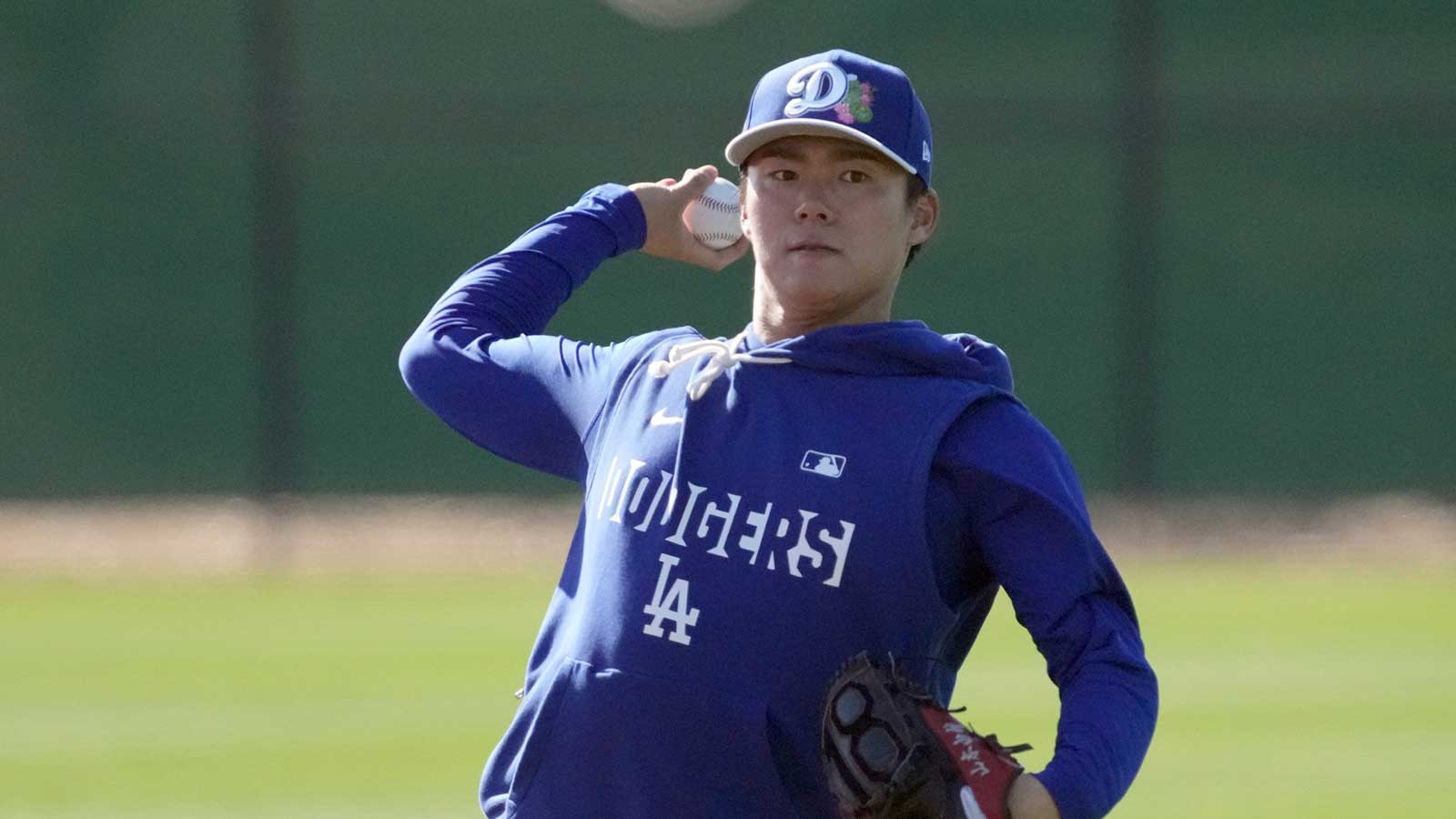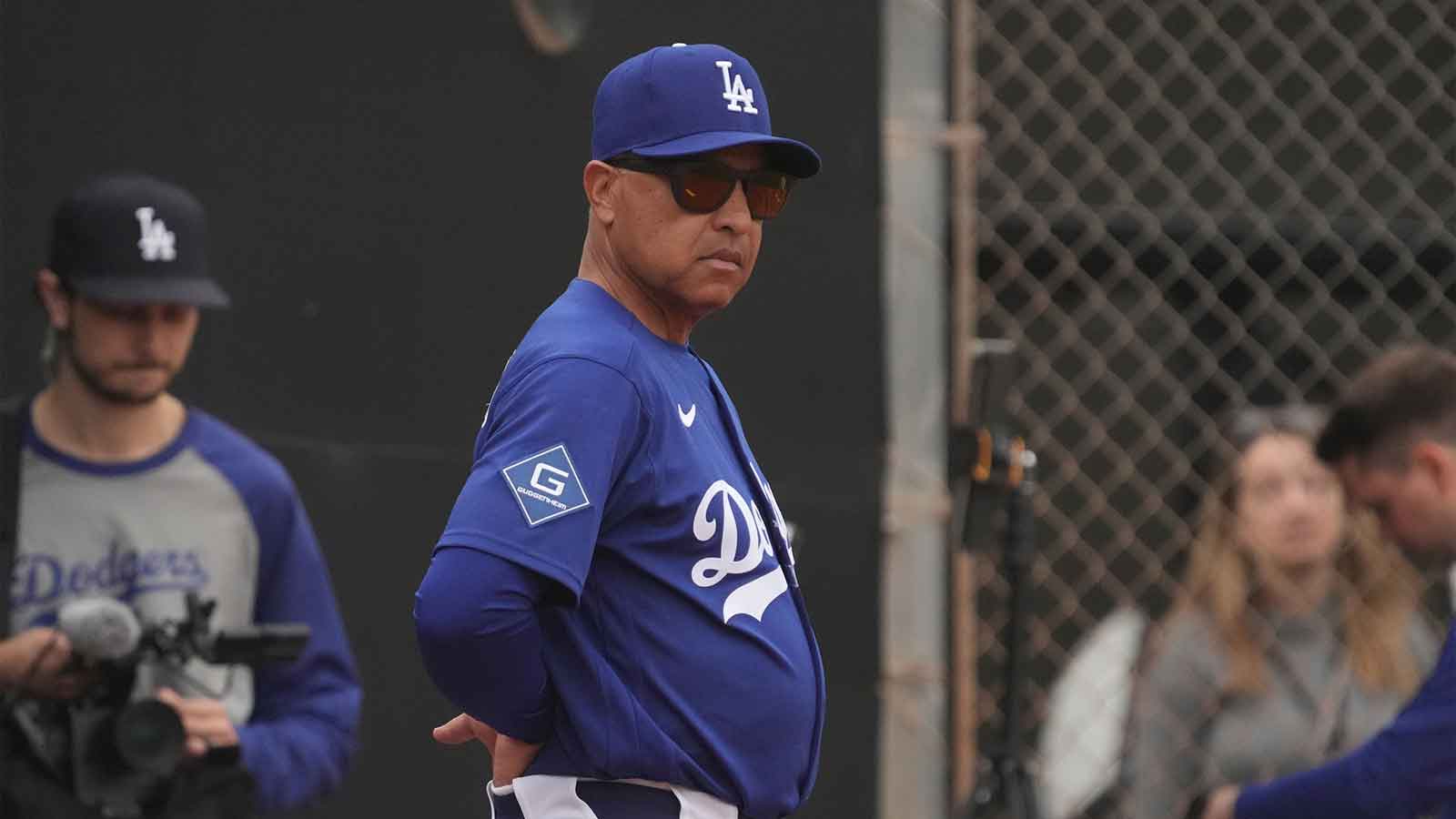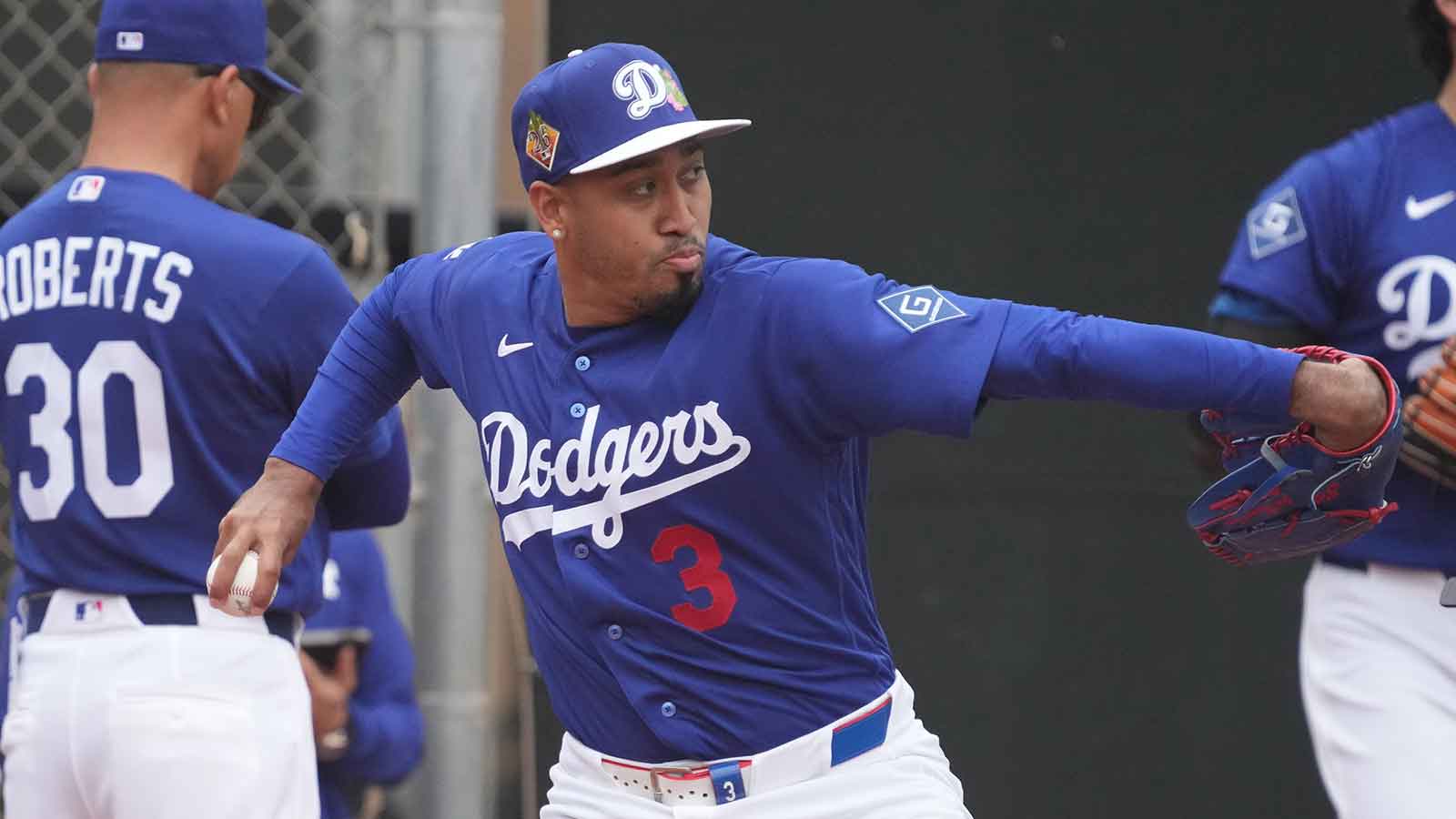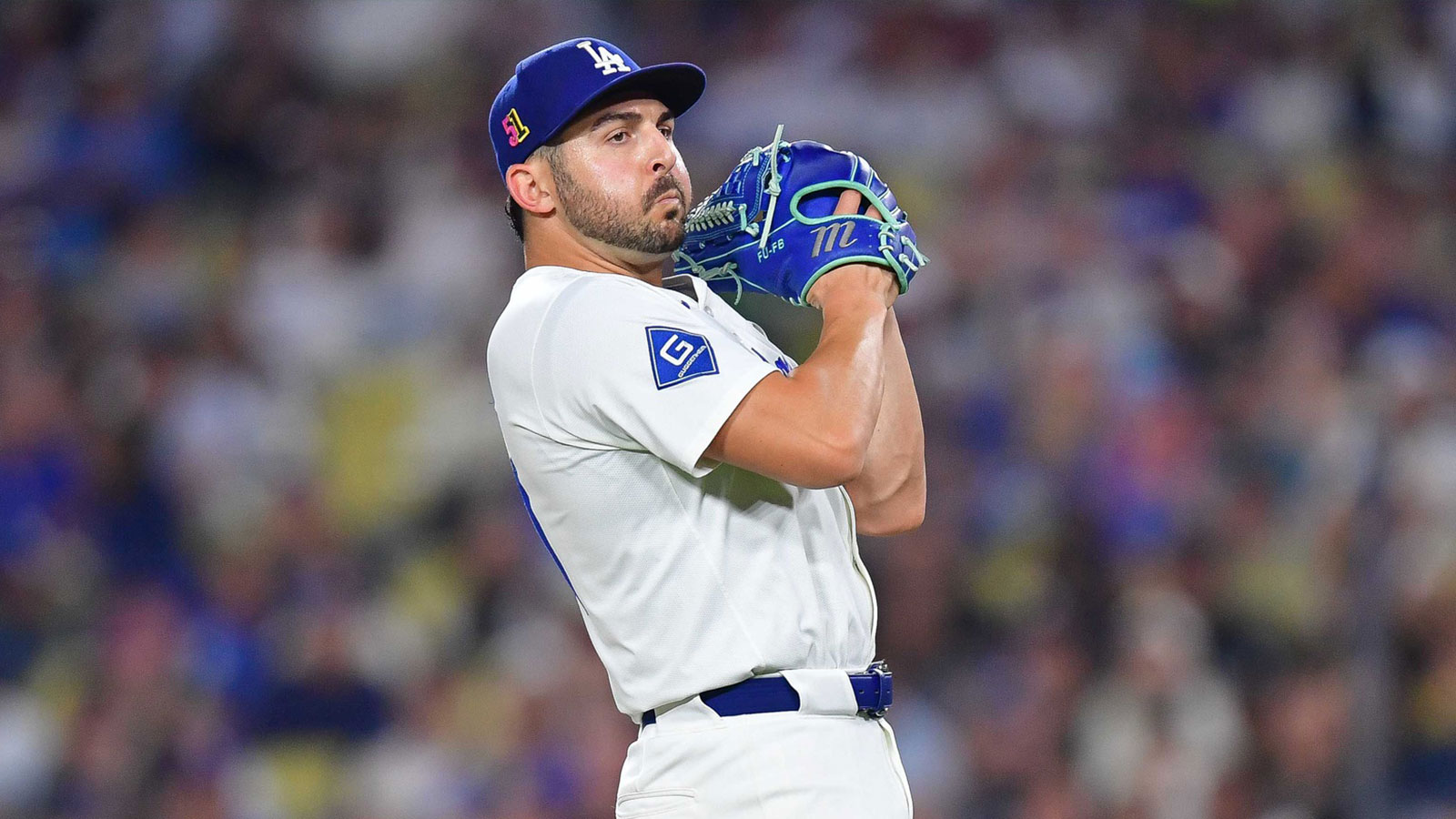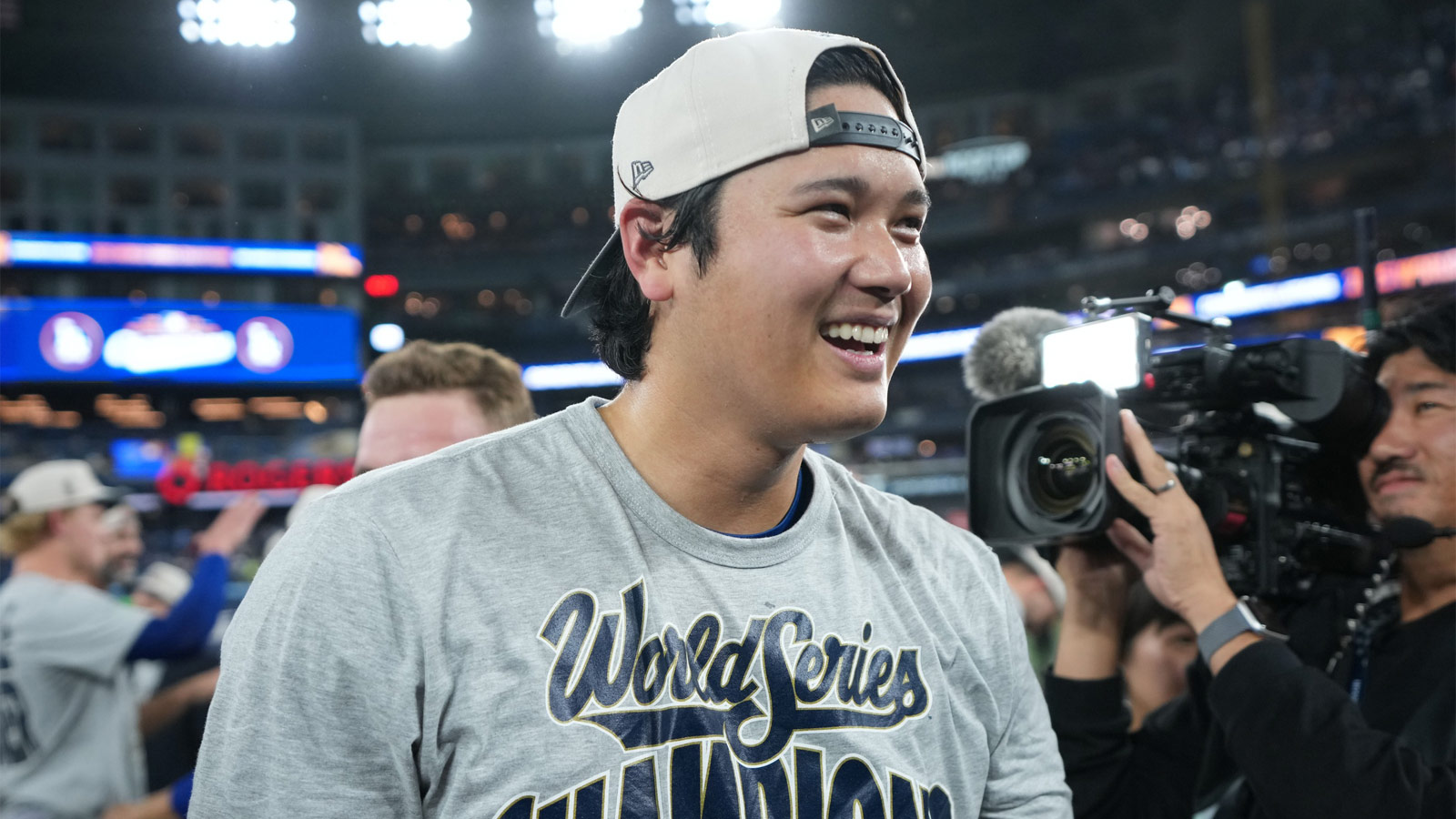Los Angeles Dodgers superstar Shohei Ohtani injured his shoulder against the New York Yankees in the World Series, but played through it anyway. The generational talent now begins his rehab process.
Ohtani had shoulder surgery on Tuesday, via The Orange County Register's Bill Plunkett.
“Dodgers announce that Shohei Ohtani had surgery today to repair a labrum tear suffered when he dislocated his left shoulder during World Series Game 2. Arthroscopic procedure performed by Dr. Neal ElAttrach,” Plunkett said. “Timeline…back at the start of spring training.”
Ohtani partially dislocated his shoulder sliding into second base on a steal attempt in Game 2 of the World Series, but the labrum tear wasn't known at the time.
The Japanese international slashed .230/.373/.393 with three homers and 10 RBI in the postseason after a historic regular season in which he hit .310 with 54 homers, 130 RBI, 59 stolen bases, and a 1.036 OPS. He didn't pitch due to his recovery from Tommy John surgery, but could return to the mound in 2025.
Will Ohtani continue dominating the baseball landscape after suffering another injury?
Shohei Ohtani is unstoppable on the Dodgers
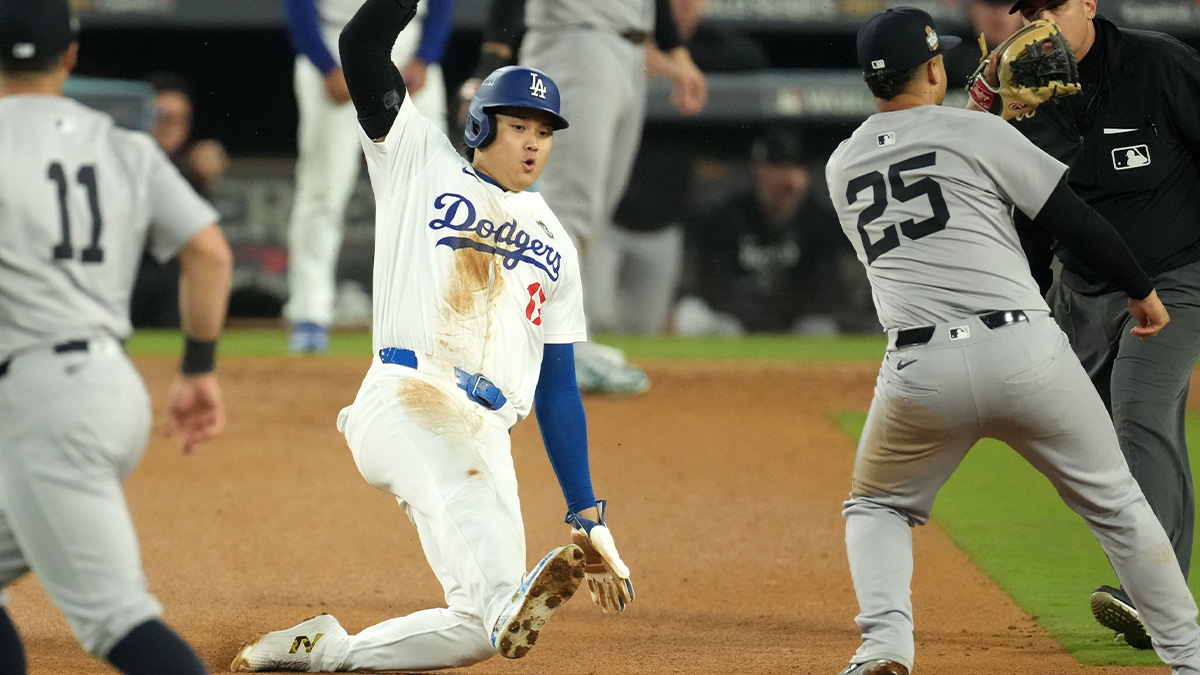
Ohtani's playoff struggles aside, his historic regular season shows that he was worth every penny of his $700 million contract. If the two-way star can replicate his offensive success while recapturing his pitching magic going forward, there's no telling how many more rings he'll win in Los Angeles.
Ohtani admitted how “special” the 2024 season was to him at the World Series parade, via the Associated Press.
“This is so special,” said Ohtani at Dodger Stadium. “I’m so honored to be here. Congratulations, Los Angeles. Thank you, guys.”
Ohtani's blend of power, contact hitting, and speed, even without his pitching, make him an imposing threat on a Los Angeles team that also has the likes of Mookie Betts, Freddie Freeman, and Yoshinobu Yamamoto. If the team won the championship without needing him on the mound, imagine what it can do if and when he returns to pitching to his 3.01 career ERA.



